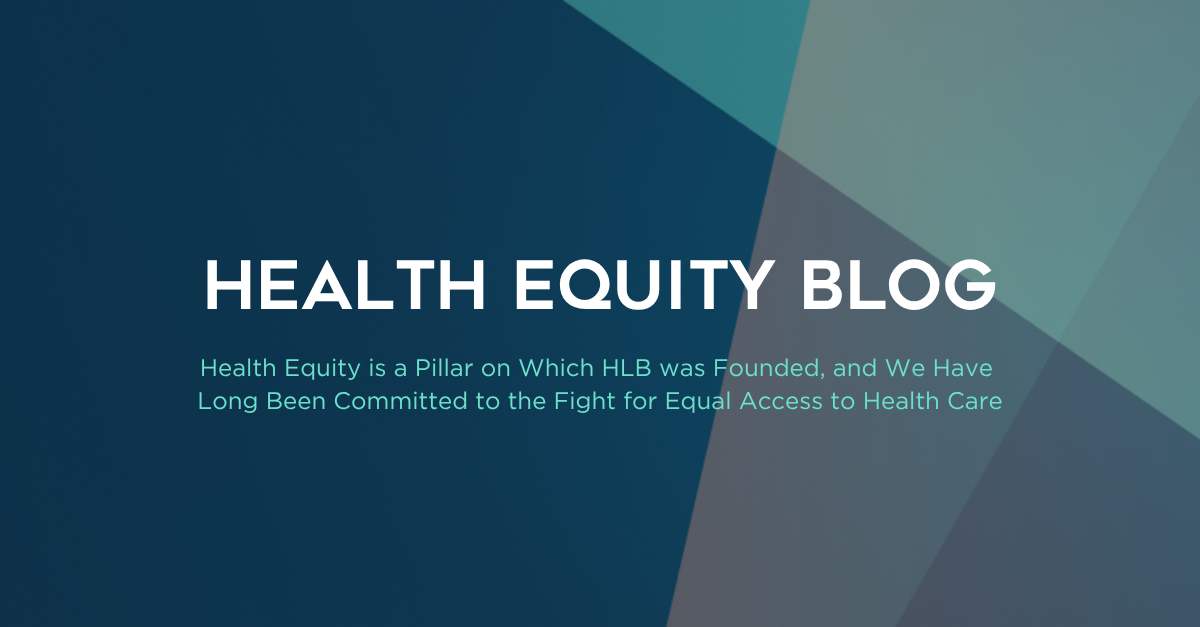
On behalf of the Hooper, Lundy & Bookman, P.C. Health Equity Task Force, here is our most recent HLB Health Equity Essentials Update.
NEW LAW AVOIDING FEDERAL GOVERNMENT SHUTDOWN INCLUDES SEVERAL HEALTH CARE PROGRAM POLICY EXTENSIONS
On March 15, President Trump signed into law the Full- Year Continuing Appropriations and Extensions Act, 2025, narrowly averting a partial federal government shutdown. Buried within this Act are certain provisions that impact health care delivery. Section 2207 extends Medicare flexibilities for telehealth services provided by rural health clinics and Federally Qualified Health Centers (FQHCs) – previously extended in the Consolidated Appropriations Act, 2023 – through September 30, 2025. Similarly, Section 2208 extends the Acute Hospital Care at Home initiative, as currently authorized under Centers for Medicare and Medicaid Services (CMS) waivers and flexibilities, through September 30 as well.
IDAHO ABORTION LITIGATION ACTIVITY: UPDATE
Idaho continues to be a focal point for ongoing legal battles over state laws that totally ban or otherwise severely restrict access to abortion services from health care providers. As expected, in early March the Trump Administration dismissed a pending DOJ federal lawsuit brought against the State of Idaho under the Biden Administration, which sought a ruling that Idaho’s ban on abortions conflicted with the hospital’s Emergency Medical Treatment & Labor Act (EMTALA) emergency care obligations. Idaho’s AG announced on March 5 that the DOJ was dismissing the lawsuit because EMTALA does not require abortions that otherwise would arguably conflict with Idaho’s Defense of Life Act. Rather, the Idaho statute permits an abortion based upon the medical judgement of a physician who, in good faith, believes the mother’s life is threatened. In a separate lawsuit filed by St. Luke’s Health System – Idaho’s largest hospital network – against the State, a federal judge issued an injunction on March 20. The injunction temporarily shields St. Luke’s and its providers from criminal prosecution under Idaho’s abortion law for performing abortions in emergencies, which will remain in effect while the case continues to be litigated.
CERTAIN MEDICAL SCHOOLS AND HOSPITALS IN OCR’S CROSSHAIRS FOR DEI-RELATED POLICIES
In accordance with President Trump’s Executive Order 14173, which is aimed at eradicating discrimination and restoring merit-based opportunities, HHS’s Office of Civil Rights (OCR) is investigating four medical schools and hospitals that receive HHS funding. In response to alleged violations of Title VI of the Civil Rights Act of 1964, OCR is assessing whether these medical schools and hospitals are operating medical education, training, or scholarship programs that discriminate on the basis of race, color, national origin, or sex. Executive Order 14173 directs federal agencies to enforce long-standing civil rights laws and “to combat illegal private sector DEI preferences, mandates, policies, programs, and activities.”
NEW HOSPITAL EQUITY TOOLKIT AVAILABLE TO HOSPITALS AND OTHER PROVIDERS
California’s Department of Healthcare Access and Information published a new online set of resources that provides a framework for furthering efforts that strengthen demographic healthcare quality data collection, analysis, reporting, and equity planning. The toolkit is the progeny of California’s Hospital Equity Measures Reporting Program, which seeks to improve healthcare quality data and address historical health disparities by requiring the development of hospital equity plans and bolstering more accurate reporting of racial and demographic data.
CMS RESCINDS PREVIOUS GUIDANCE ON HEALTH-RELATED SOCIAL NEEDS (HRSN)
In the aftermath of Dobbs v. Jackson Women’s Health Organization in 2022, New York became one of eight states that On March 4, CMS’s Center for Medicaid and Children’s Health Insurance Plan (CHIP) Services announced its rescission of two Center Informational Bulletins (CIBs) that described opportunities available under Medicaid/CHIP to cover certain services that address health-related social needs (HRSN). CMS states that the recission is necessary while it evaluates policy options consistent with Medicaid/CHIP program requirements and objectives.
Professional
If you have any questions, please reach out to Alicia Macklin, Sandi Krul, Monica Massaro, Kerry Sakimoto, or your regular HLB contact.



